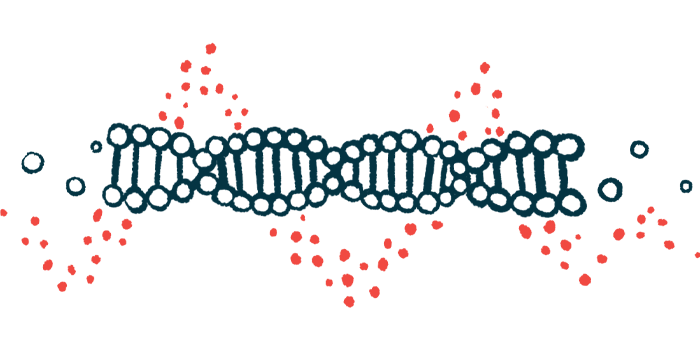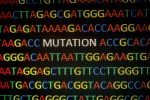Genetic Testing Recommended for Undiagnosed Adults With Epilepsy

Eight adults with lifelong histories of epilepsy and developmental delays without any known cause were diagnosed with Dravet syndrome after undergoing genetic testing, a new study reports.
The finding suggests “that a number of adult patients are currently undiagnosed and have unmet health needs,” according to researchers.
“In our view, all adults with refractory epilepsy and intellectual disability of unknown cause should be suspected of having a possible genetic cause, including DS [Dravet syndrome], and be offered genetic testing,” the researchers wrote.
The study, “Late diagnoses of Dravet syndrome: How many individuals are we missing?” was published in Epilepsia Open.
A team of scientists in the U.K. and Italy reported on 1,078 adults who underwent genetic testing. All of these individuals had epilepsy (seizures) of unknown cause, in addition to other notable clinical features, such as intellectual impairment or abnormal brain structures.
Genetic testing revealed that eight of these individuals, or 0.74%, had mutations in the SCN1A gene. Mutations in this gene are the most common cause of Dravet syndrome; all of the identified mutations were determined to be either definitely or likely disease-causing.
The team noted that the frequency of Dravet syndrome diagnoses among these adults with epilepsy was “a relatively high proportion for a single syndrome.”
Among the eight individuals diagnosed, two were male and six were female. The age at genetic diagnosis ranged from 28 to 52 years.
For all of the eight adults, a retrospective review of their medical records revealed a clinical history consistent with the diagnosis of Dravet syndrome.
For instance, all of them began experiencing seizures in their first year of life, usually in the context of a fever, which is typical of the disease. Developmental delays tended to appear in early childhood, which also is typical.
The eight individuals reported currently using two to four anti-seizure treatments, including medications and a ketogenic diet. All of them were being actively treated with Depacon (valproate), and half also took regular Onfi (clobazam).
Despite treatment, all eight were continually experiencing seizures. The team noted that establishing the diagnosis of Dravet syndrome may make it easier for patients to get access to more effective treatments as they are developed.
“We suggest our cross-sectional study highlights the need for widespread access to genetic testing among adults with treatment-resistant epilepsies, as there are clearly undiagnosed adults,” the team concluded.








